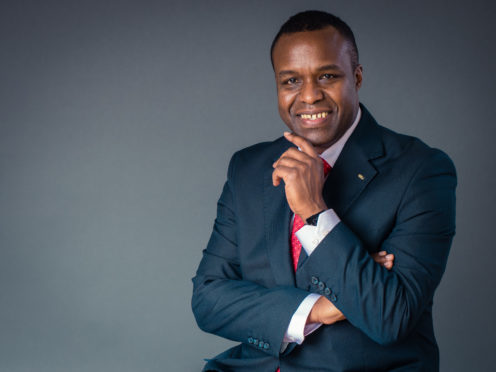A north-east academic is leading a new £10.5million project which aims to tackle one of the world’s deadliest diseases.
Prostate cancer is the most common cancer of men in Europe, representing one in 10 of all male cancer deaths.
With as many people affected as breast cancer, healthcare expenditure was estimated at £7.45billion per year in the EU as recently as 2009, accounting for 7% of all cancer costs in the continent.
Now a new project, named Pioneer, has been funded by the European Commission and will be led by Aberdeen University researcher Professor James N’Dow.
The scheme spans 32 institutions and companies from nine countries and aims to create one mass data source which will help pool together expert knowledge and hopefully better combat the disease in the long-term.
The project will begin with a consultation involving patients, researchers and others in order to create a list of research priorities.
Prof N’Dow said: “Pioneer has the potential to create a real step change in the treatment of prostate cancer.
“Along with our collaborators we will coordinate a wide ranging consultation with key stakeholders and collate and harmonise massive amounts of data already collected from prostate cancer patients to transform the field of prostate cancer care.
“This will be done with particular focus on improving prostate cancer-related outcomes, health system efficiency and the quality of health and social care delivered to all prostate cancer patients and their families. In addition, Pioneer will aim to provide standardised care pathways for all clinical centres across Europe and beyond.”
Researchers have determined that there is a lack of standardisation of definitions of the different stages of the disease as well as insufficient knowledge of the risk factors and patient characteristics.
This lack of knowledge means it is harder to predict which patients will have the best outcomes with specific treatments or which patients can be managed safely without treatment.
The university’s academic urology unit will play a key role in the project, with major contributions from Steven MacLennan, Sara MacLennan and Imran Omar.
